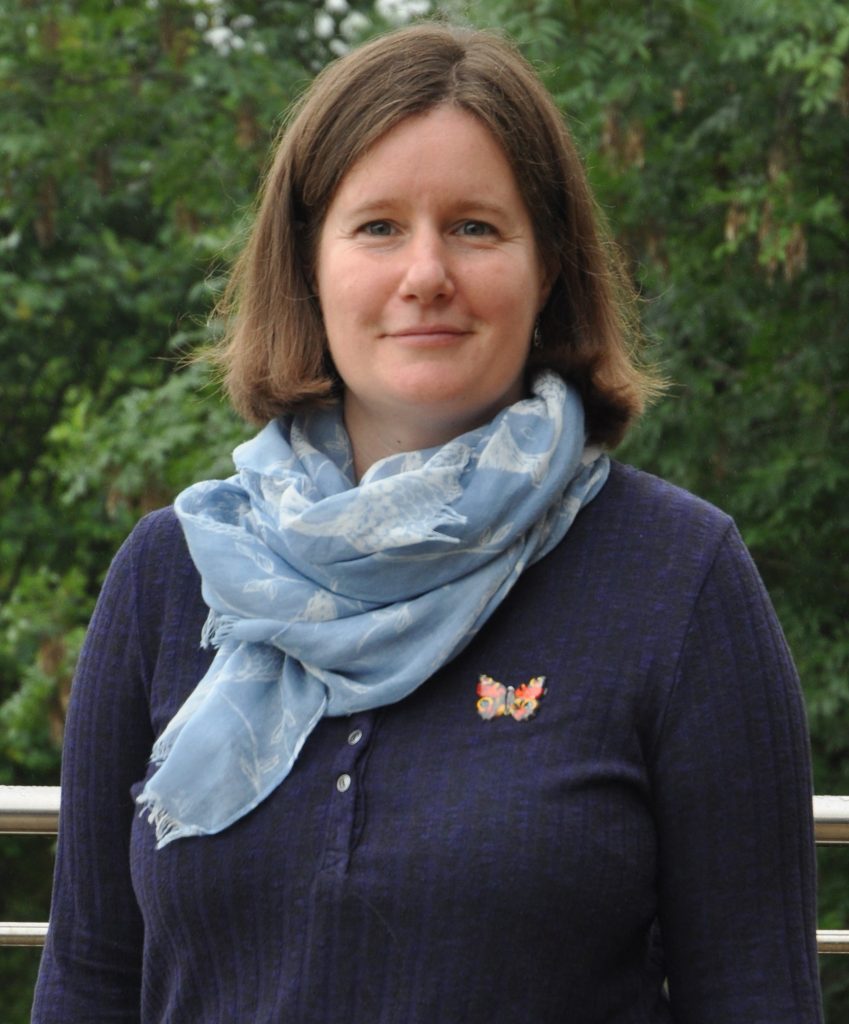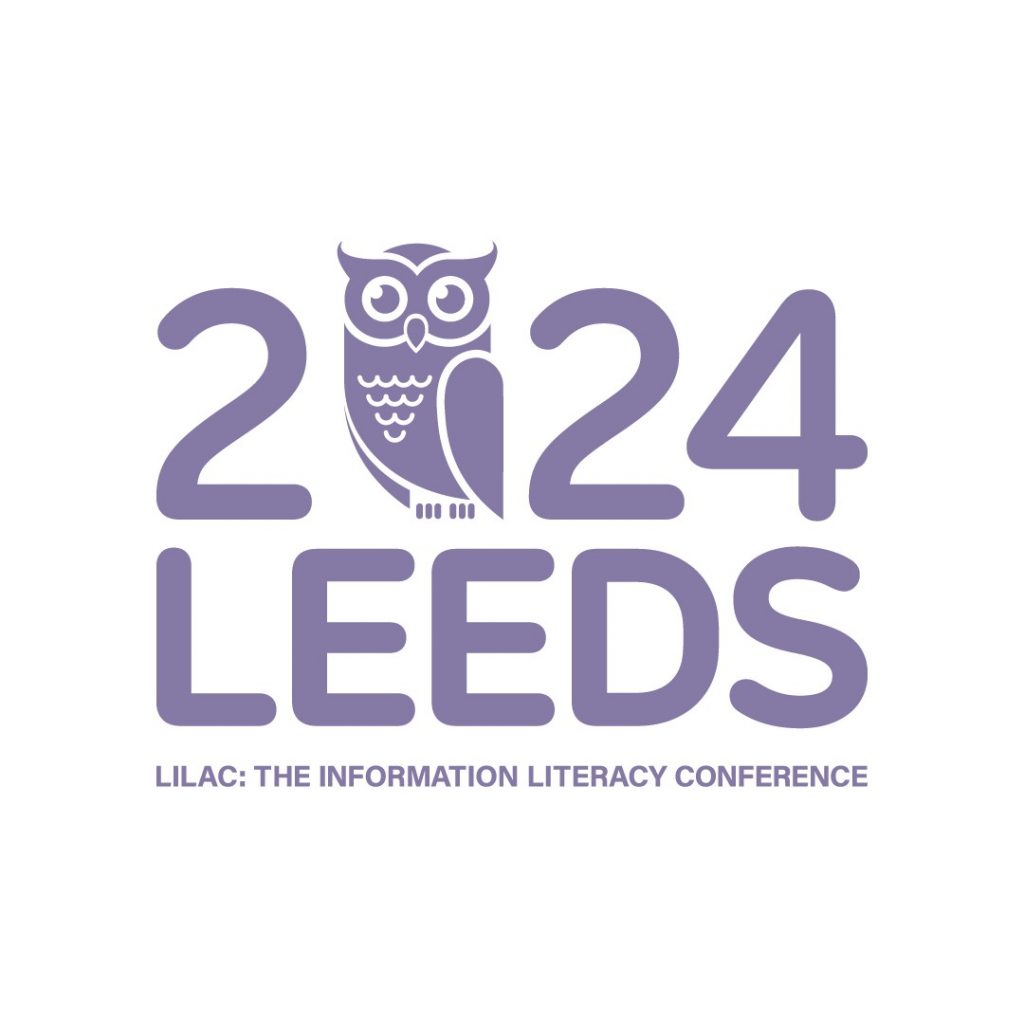On 20th March, the Information Literacy Group hosted an online roundtable discussion on information literacy and artificial intelligence (AI). Part of our commemoration of 50 years of information literacy in 2024, this event was a well-timed opportunity to reflect on AI as the latest, but certainly not the only, challenge to how we conceive of and educate about information literacy.
The panel, several of whom are ILG committee members, offered a varied perspective on how generative AI is impacting information literacy work in various sectors. First up was Josh Rodda, Learning Development Librarian at the University of Nottingham, who discussed how AI-generated content challenges the notion of “authorship” as it is generally conceived within information literacy and evaluative frameworks such as CRAAP or SIFT. He questioned whether, if traditional IL metrics are based around authorship, do we need new evaluative frameworks based on the concept of algorithmic authorship?
Next up was Anne-Lise Harding, Strategic Training Lead at the House of Commons Library. Anne-Lise discussed the work being undertaken by the House of Commons Library to educate parliamentarians on how to identify misinformation, including the kinds of convincing disinformation that AI tools make so easy to produce. This is particularly crucial as the UK will hold a general election this year, so members of government need to be alert for election-related misinformation. Anne-Lise also discussed her own experience studying for her MBA, and how seductive AI tools can seem to a time-poor student!
Rosie Jones, Director of Student and Library Services at Teesside University, discussed the many issues AI raises for universities, including the obvious and much-discussed academic integrity issues as well as the perhaps more insidious risk of AI tools entrenching the digital divide. Rosie also discussed the role of librarians in the AI conversation, and argued that the rise of AI provides an opportunity to solidify our central and critical role in universities.
The final panel member, Sarah Pavey, is an independent education consultant and former school librarian. Sarah began by discussing the UK school sector’s response to generative AI, which so far appears to have mostly involved burying their heads in the sand! She contrasts this with approaches taken by the International Baccalaureate, as well as school authorities in other countries such as Australia, who are developing tools and assessments that engage with AI in a critical way. Sarah argues that simply banning AI use for schoolchildren will leave them at a disadvantage when they enter the workplace or higher education and encounter these tools without the experience to do so thoughtfully. Sarah also spoke honestly and enthusiastically about her own use of AI tools, such as Pi.ai, a chatbot that helps you explore ideas rather than giving you answers.
The panel then went on to discuss questions from attendees, while valiantly keeping up with the lively Zoom chat! The discussion covered ground including the ethics of AI use, including the environmental impact; developments in policy and legislation; the copyright implications of many AI tools; and further discussion on the digital divide.
The high level of interest in this event, and the enthusiastic sharing of opinions, advice and resources among attendees, really underlined just what a fertile topic this is in the information literacy world at the moment. The Information Literacy Group looks forward to continuing this conversation through future events and publications.
Recording of the full discussion can be accessed on: https://youtu.be/07lZWsTnG9s?si=5i0-qVPJN_LojiHX



